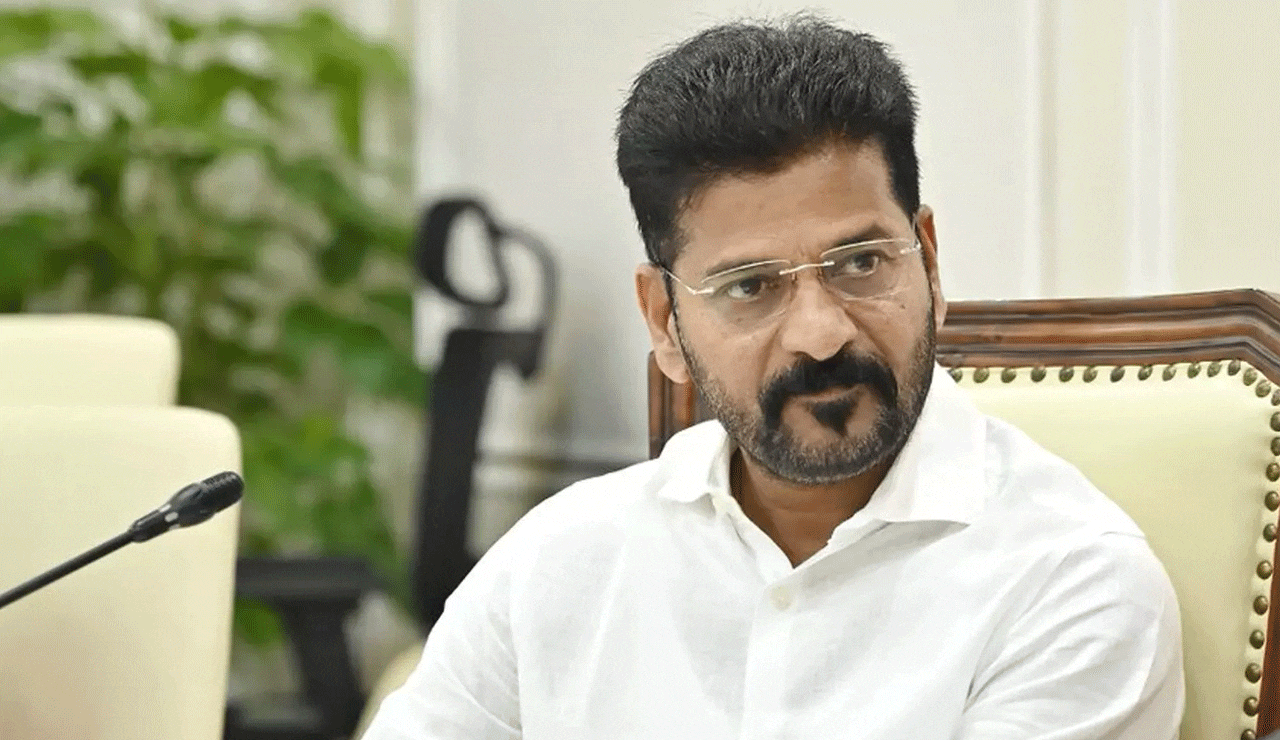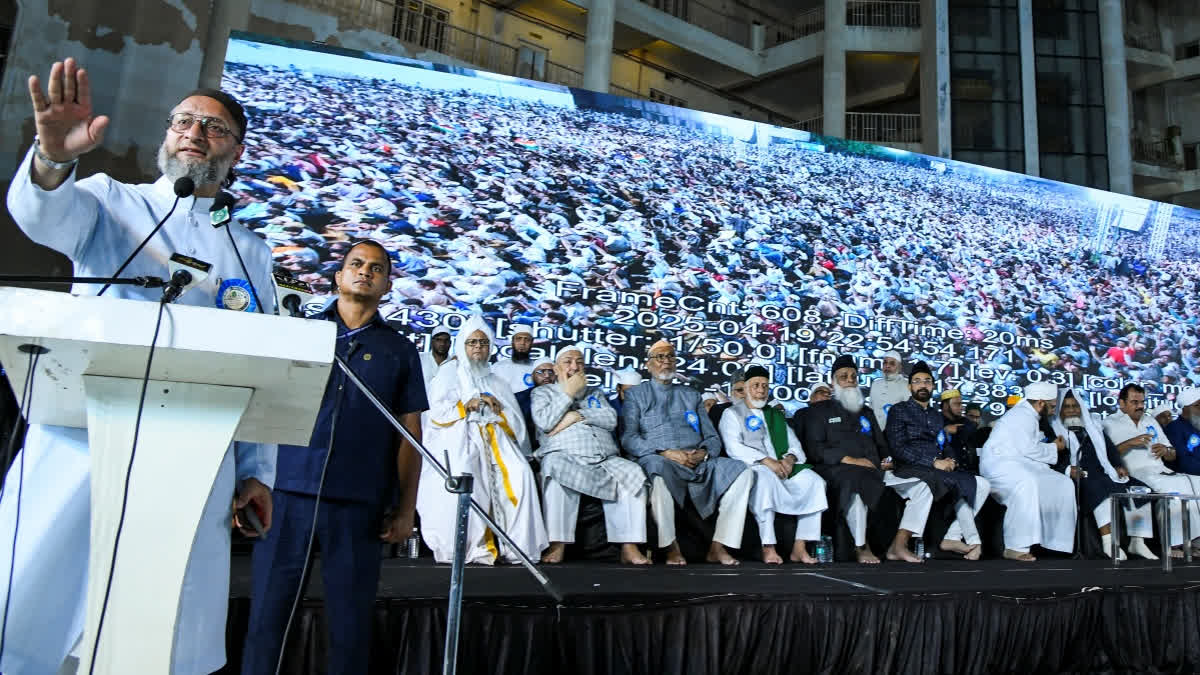South China Sea installations 'primarily' civilian: Li
Fri 24 Mar 2017, 12:54:26
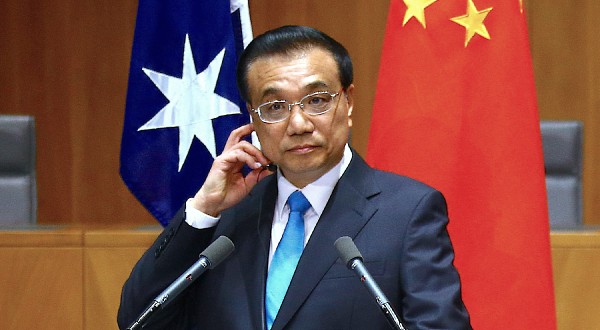
China is not militarising the disputed South China Sea, the country's premier said today in Australia, claiming defence equipment Beijing has installed on artificial islands is "primarily" for civilian use. The sea is a source of growing regional tension, with Beijing insisting it has sovereignty over virtually all the resource-rich waters, which are also claimed in part by several other countries, and deemed international waters by most of the world.
"Even if there is a certain amount of defence equipment or facilities, it is for maintaining the freedom of navigation," Premier Li Keqiang told a press conference with Australia Prime Minister Malcolm Turnbull in Canberra. "Because without such freedom, or without stability in the South China Sea, the Chinese side would be among the first to bear the brunt of it."
China "never has any intention to engage in militarisation in the South China Sea", he said, adding installations -- which include airstrips and missile batteries -- are "primarily for civilian purposes". Li said aircraft and ships that transit through the South China Sea were from trading partners with Beijing, "so one can easily imagine how many Chinese interests are at stake here".
Sydney-based independent strategic consultant Tim Johnston said the nations involved in the dispute, including
China and other claimants such as Vietnam and the Philippines, were "being slightly disingenuous". "You build up features in the South China Sea in disputed waters, you are likely to have to defend them, which implies some degree of militarisation," he told AFP.
China and other claimants such as Vietnam and the Philippines, were "being slightly disingenuous". "You build up features in the South China Sea in disputed waters, you are likely to have to defend them, which implies some degree of militarisation," he told AFP.
"We have the photographs of what looks like military installations on a number of the islands that China occupies." Li's comments that Beijing did not want to restrict navigation in the South China Sea was also to be expected as no country was seeking such an outcome, Johnston said.
Instead, it was China's need for a veto over activities in the waters that were contentious "in a region where nationalism is very raw and borders are undefined". But he added the premier's remarks could be interpreted as an attempt "not to exacerbate the situation", at least for the current period. "No-one is likely to back down publicly, but that's very different from not pushing forward. I think that's where we are.
Australia has followed key ally the United States in carrying out several so-called "Freedom of Navigation" over-flights and sail-bys in the region, which China previously described as "provocations". Foreign Minister Julie Bishop has also said the building of artificial islands and possible militarisation by China create regional mistrust.
No Comments For This Post, Be first to write a Comment.
Most viewed from International
Most viewed from World
AIMIM News
Latest Urdu News
Most Viewed
May 26, 2020
Do you think Canada-India relations will improve under New PM Mark Carney?
Latest Videos View All
Like Us
Home
About Us
Advertise With Us
All Polls
Epaper Archives
Privacy Policy
Contact Us
Download Etemaad App
© 2025 Etemaad Daily News, All Rights Reserved.

.jpg)
.jpg)
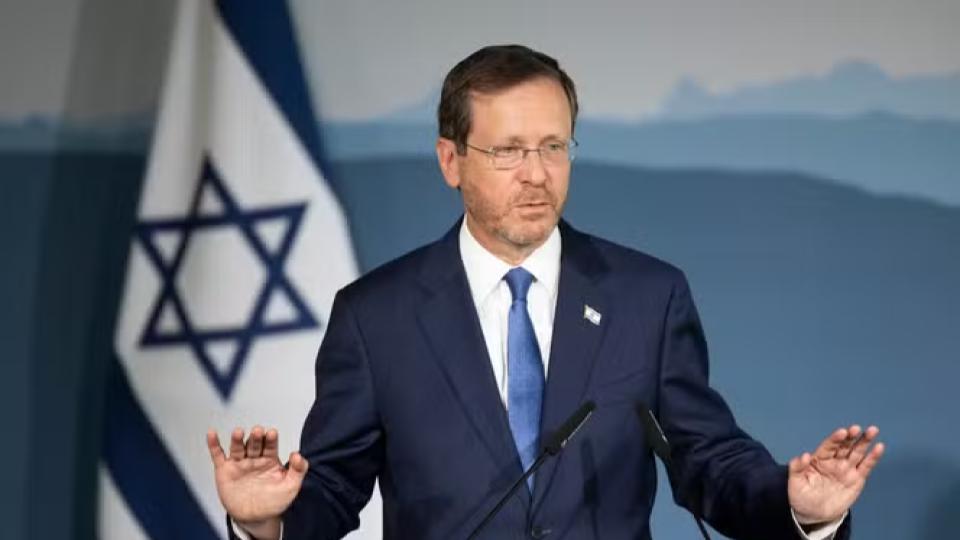
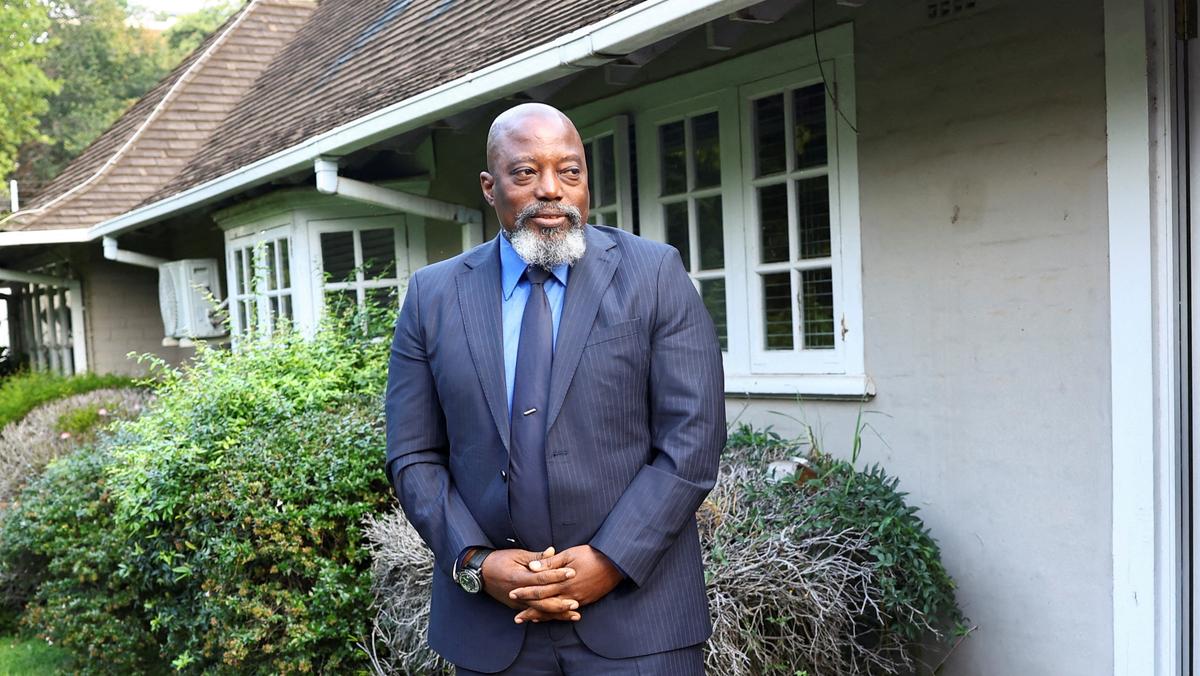








.jpg)
.jpg)
.jpg)
.jpg)
.jpg)
.jpg)
.jpg)

